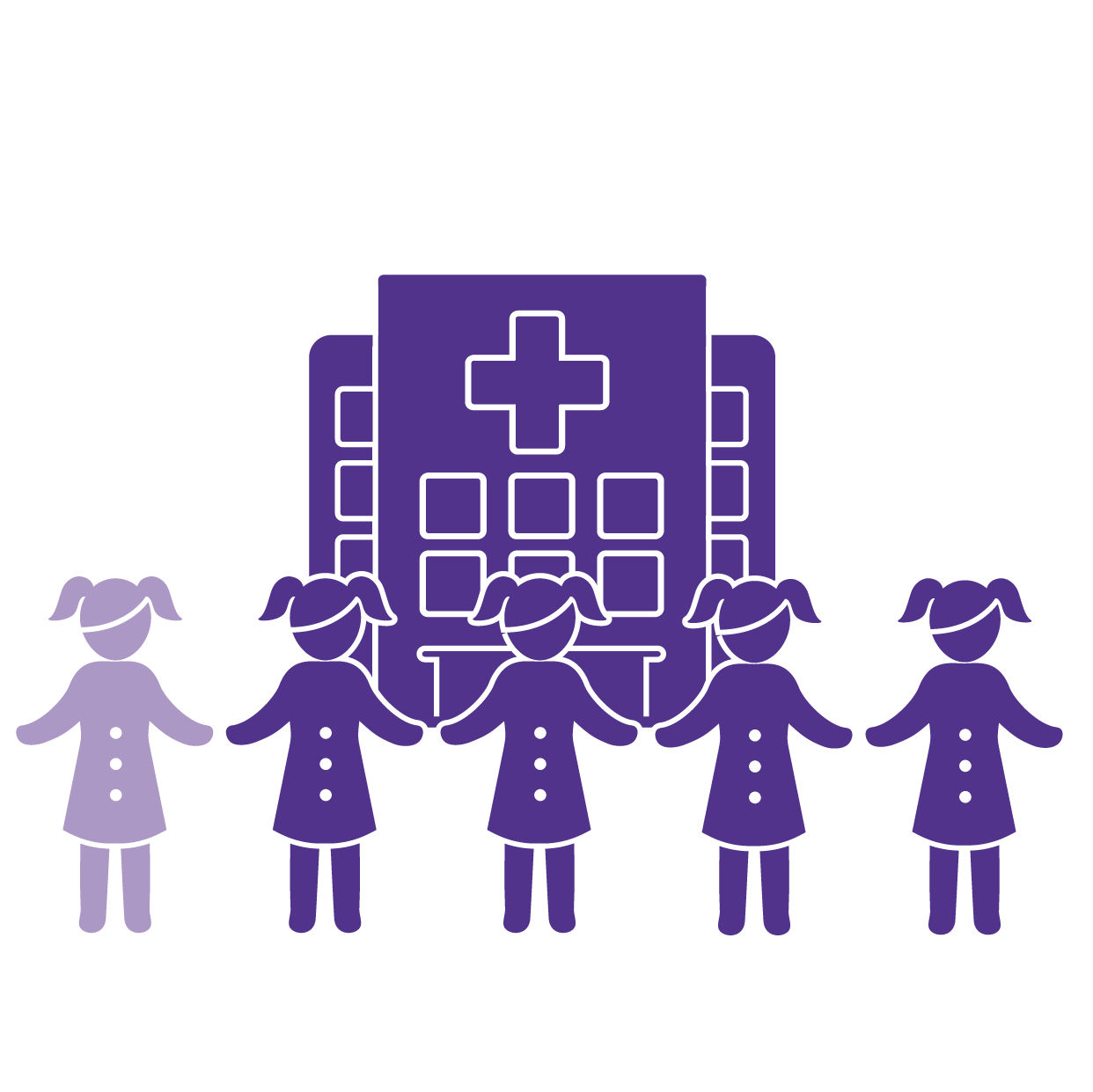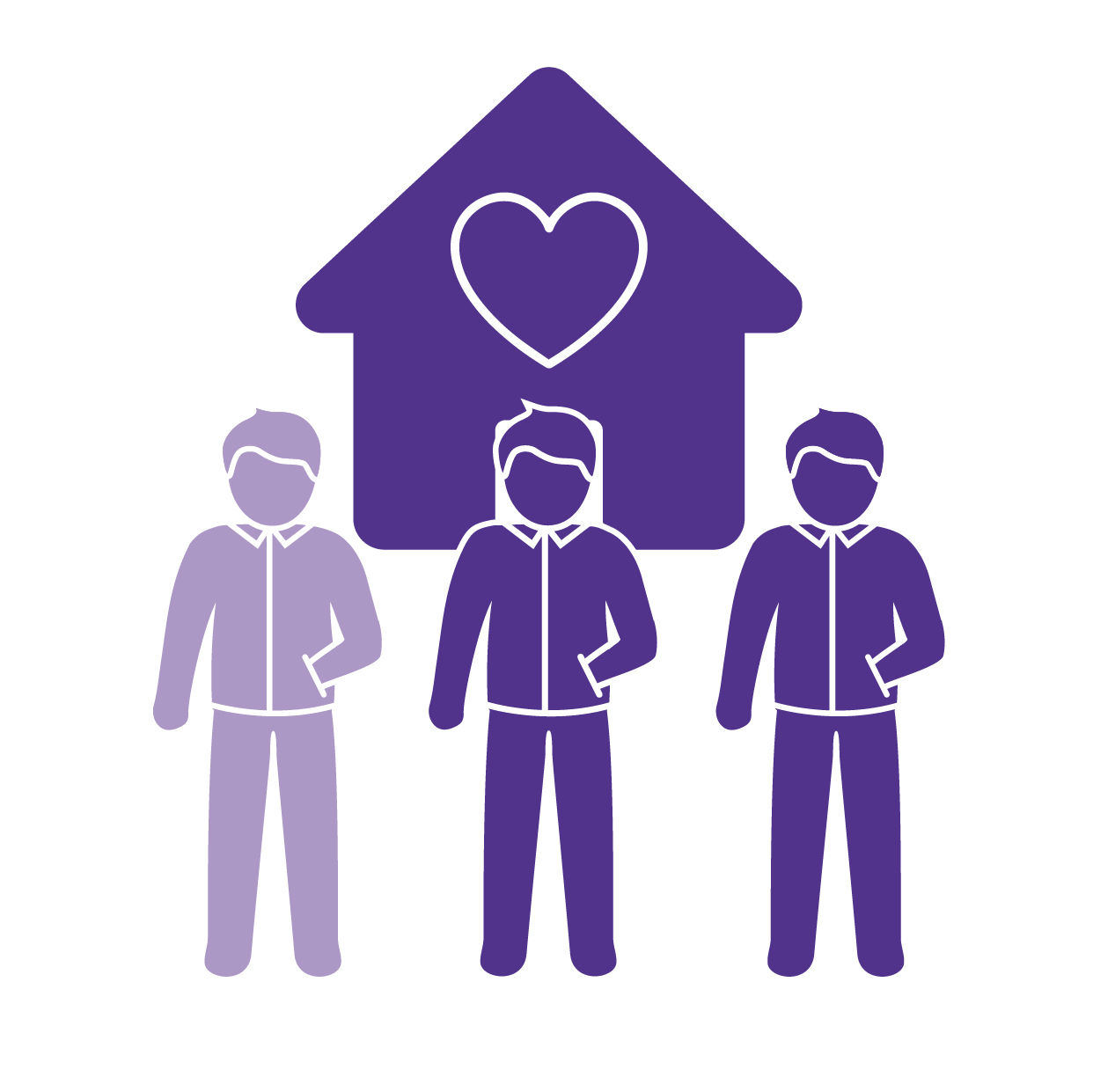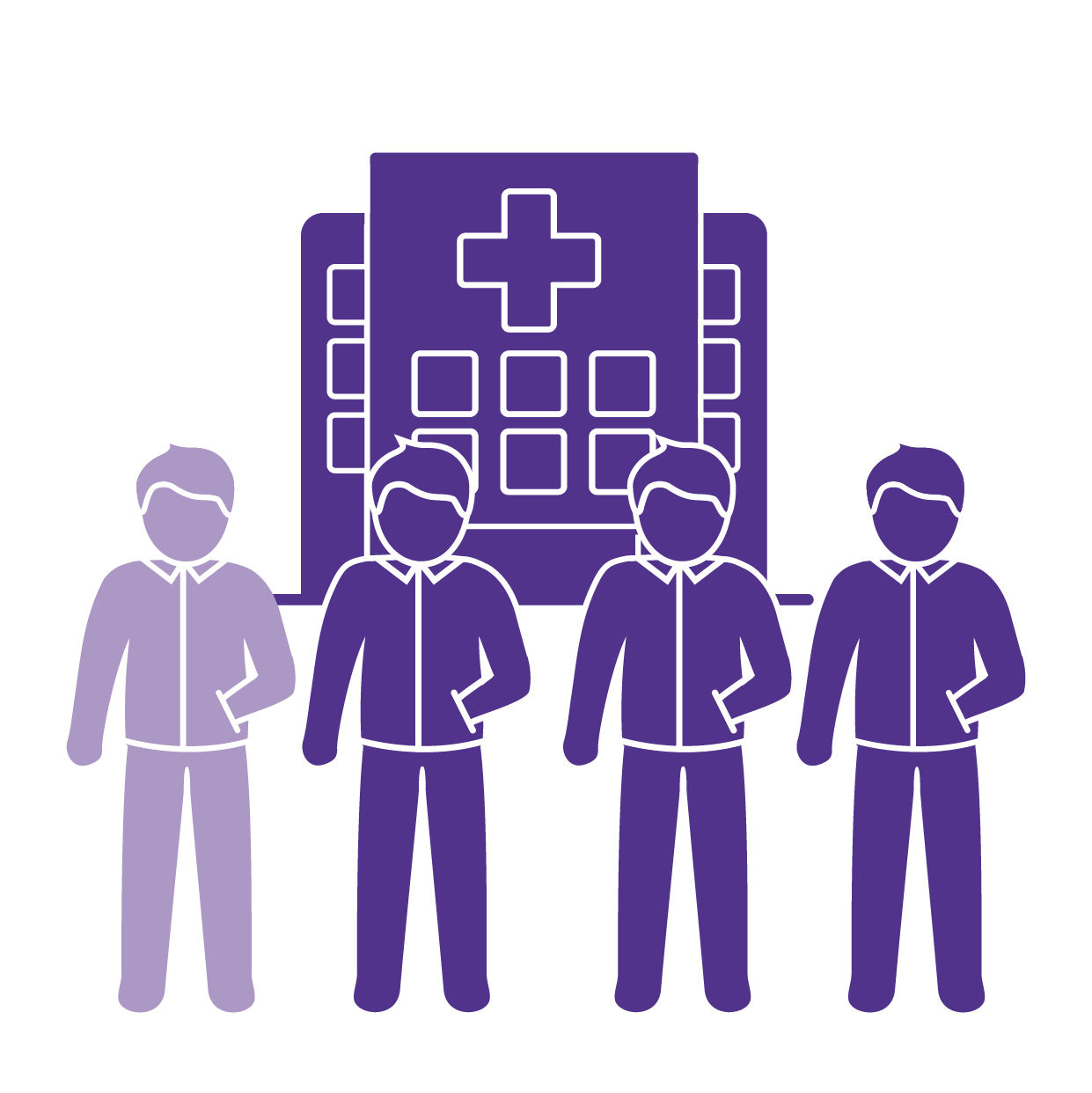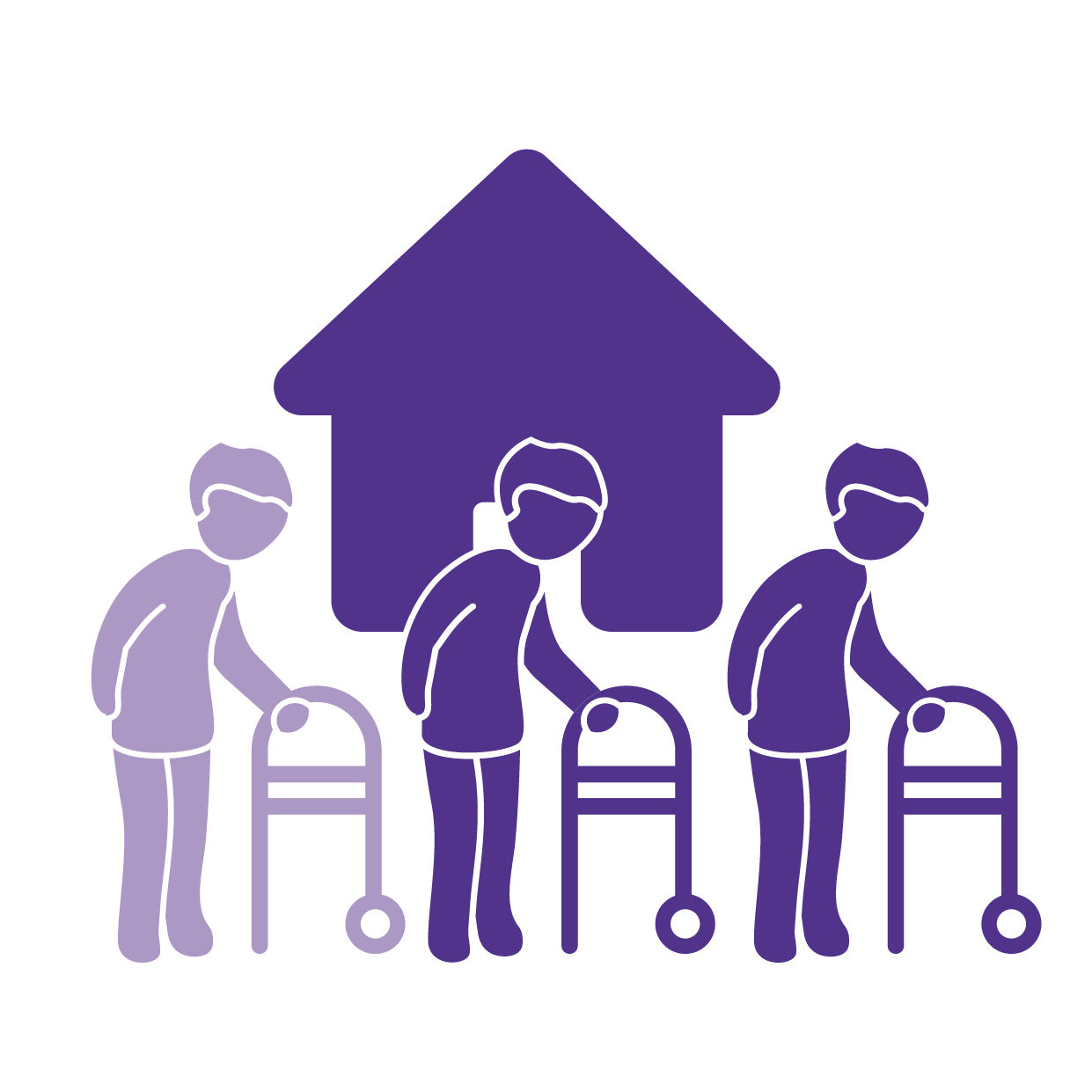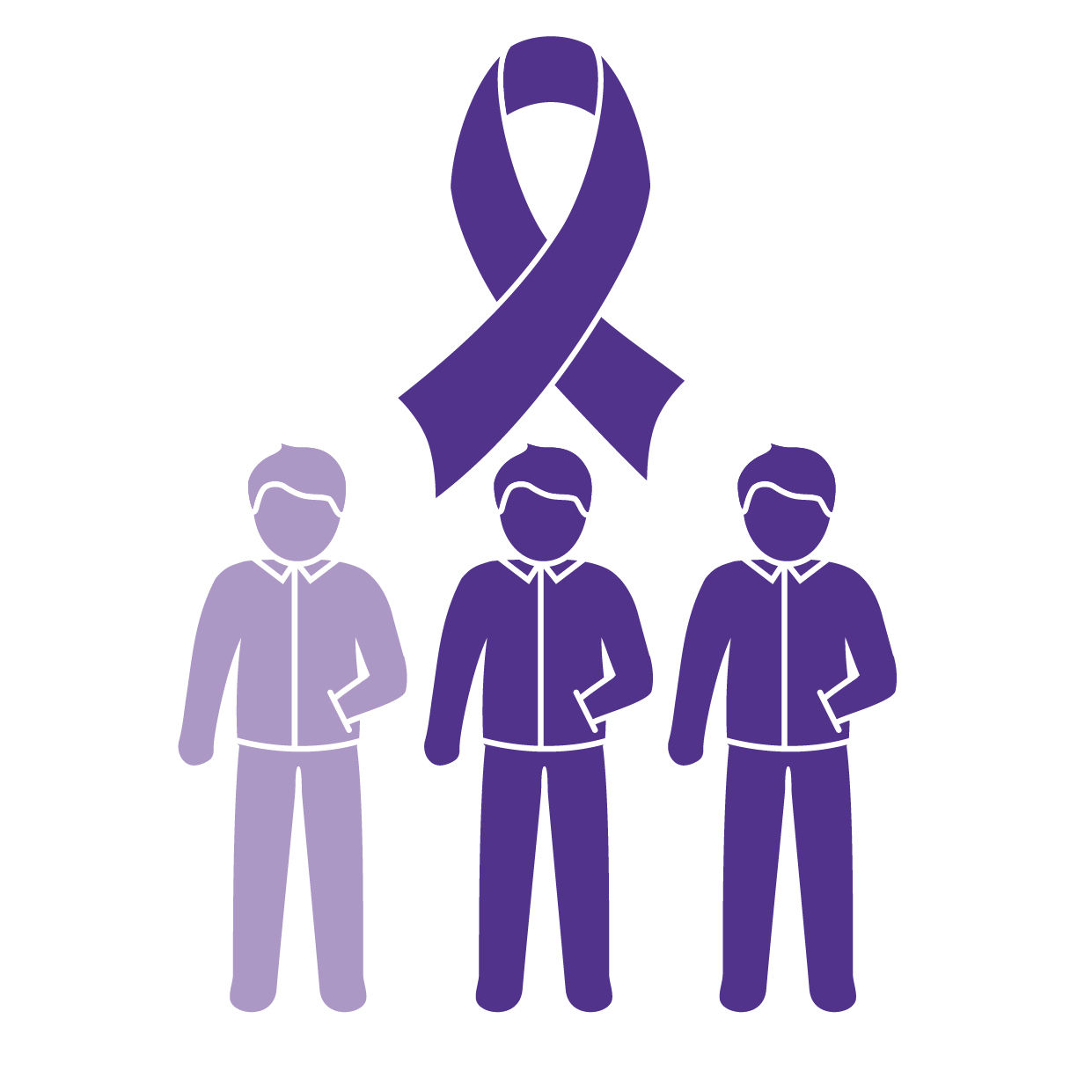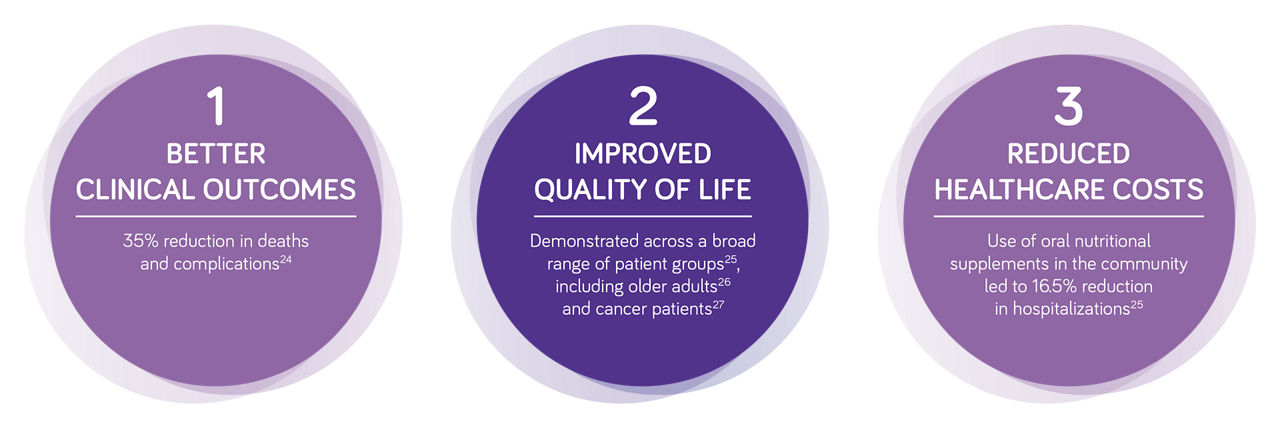A proven solution in patients with DRM
For people fighting illness or living with long-term conditions, meeting nutritional needs with a normal diet may not be possible. The benefits of medical nutrition are well documented. Patients consuming medical nutrition have been shown to have better clinical outcomes (improvements to their health), spending up to 2 days less in hospital and experiencing an overall improved quality of life, compared to patients not receiving medical nutrition.1
Besides better patient outcomes, research also shows medical nutrition usage reduces healthcare costs. Disease Related Malnutrition is costing European countries €170 billion a year.11 The use of medical nutrition in hospital setting shows 12% average cost saving1 and use of oral nutritional supplements in the community led to 16.5% reduction in hospitalizations.23
Research has shown the life-changing and life-saving benefits of medical nutrition:

